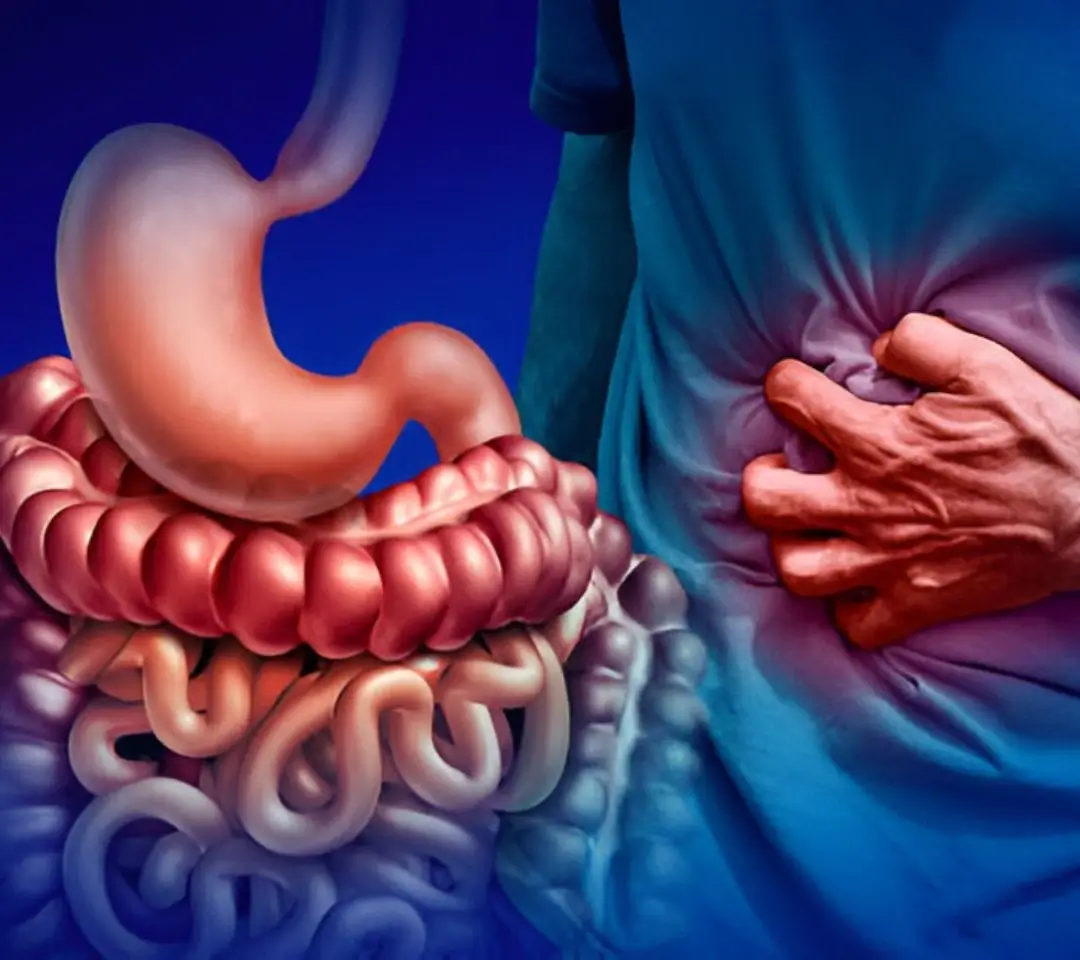Frequently Asked Questions
They are types of inflammatory bowel disease (IBD) causing chronic inflammation of the digestive tract.
The exact cause is unknown but involves immune system dysfunction, genetics, and environmental factors.
Symptoms include diarrhea, abdominal pain, weight loss, fatigue, and sometimes bleeding.
Diagnosis involves blood tests, stool studies, colonoscopy, and imaging tests.
Treatments include anti-inflammatory drugs, immunosuppressants, biologics, and sometimes surgery.
While no specific diet cures IBD, some foods may trigger symptoms; working with a nutritionist is helpful.
Surgery may be necessary for complications or severe disease not controlled by medication.
Currently, they are chronic conditions with no cure but can be managed effectively.
Stress management, quitting smoking, balanced diet, and regular medical care improve outcomes.
Yes, extraintestinal symptoms include joint pain, skin rashes, and eye inflammation.
Complications include strictures, fistulas, malnutrition, and increased risk of colon cancer.
Regular follow-ups are important to monitor disease activity and treatment response.
With proper management, many women have healthy pregnancies; disease control before conception is important.
Crohn’s can affect any part of the GI tract and all layers of the bowel wall, while ulcerative colitis affects only the colon's lining.
Yes, newer biologics and small molecule drugs offer more options for managing IBD.

